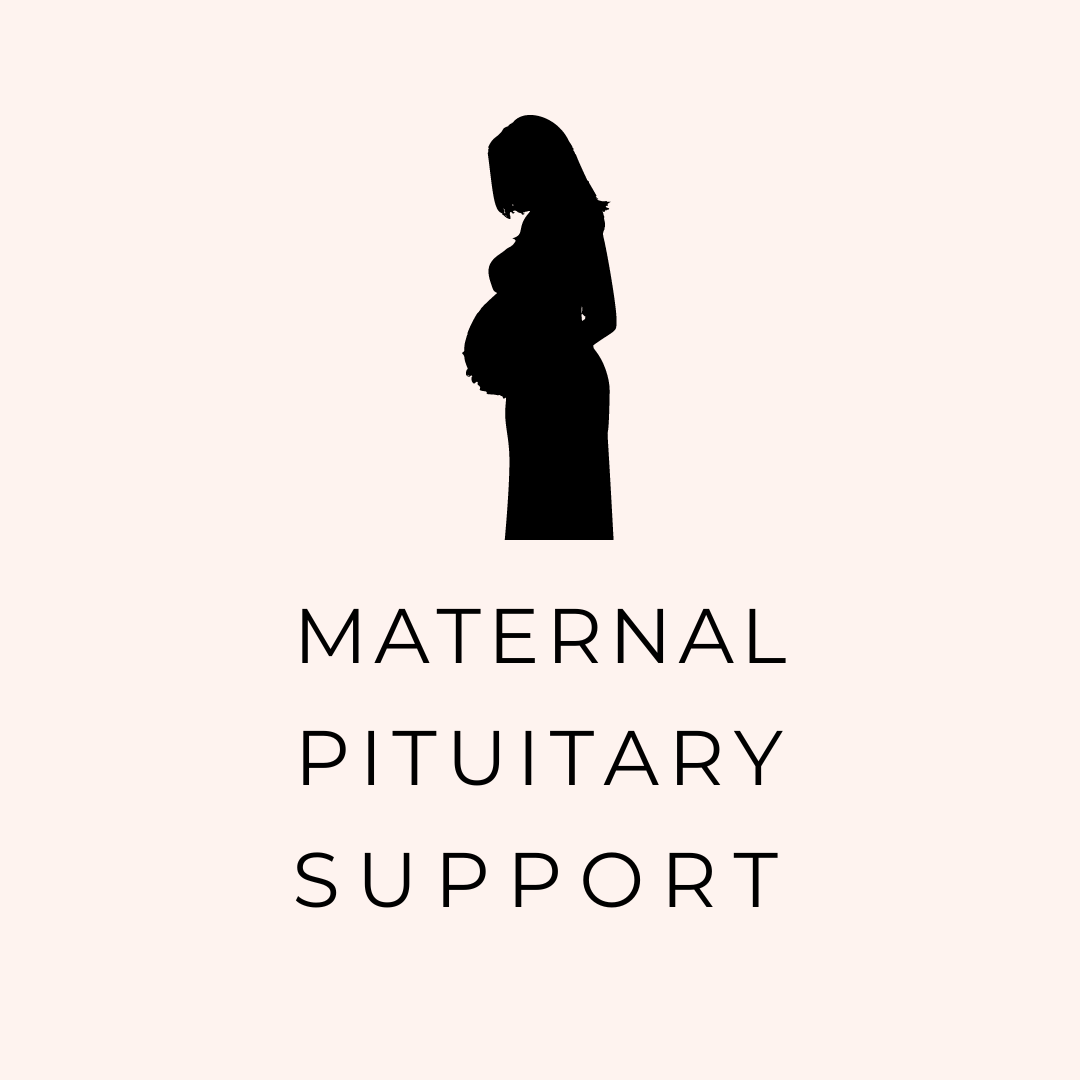Why can’t you breastfeed your baby?
Why can’t you breastfeed your baby?
It’s meant to be the most beautiful time of your life starting a family and being in the newborn bubble, sadly for me it wasn’t.
I have Facioscapulohumeral muscular dystrophy (FSHD) is a rare genetic muscle disease that affects the muscles of your face, shoulders, upper arms, and lower legs. These muscles weaken and shrink (atrophy).
With my condition in mind, I knew labour would be harder for me requiring strength that I may not have. But, thanks to the amazing team at The Countess of Chester and a little bit of help in theatre, I had my son vaginally with forceps and episiotomy, but I lost a lot of blood.
I was prepared and ready to breastfeed, but I couldn’t. My colostrum milk came in and then my milk, but only a little and I couldn’t feed my son. It felt utterly stupid as for centuries women had done this, so why couldn’t I? My son lost 10% of his body weight, screamed at every feed and I felt unworthy. After two weeks of trying and failing, we introduced formula in the hope I would catch up and provide milk. My milk never really came in, I didn’t really know why.
My health visitor together with the midwife tried to help me breastfeed and dismissed the idea of formula feeding. I was horrified. It wasn’t my fault I couldn’t produce a lot of milk, yet I felt I was being punished. They nor I had no idea why I couldn’t.
Looking back, I believe the trauma of the birth with huge blood loss coupled with my muscular dystrophy and learning my son had a tongue tie, all contributed in little to no production of milk. I now know that this little to no production of milk is the main symptom of Sheehan’s Syndrome. Back then, there was no information on Sheehan’s Syndrome and postpartum Lymphocytic Hypophysitis. Could this be something I have? Neither my midwife, GP or Health Visitor mentioned anything about it, they just kept banging their drum that I must persevere with breastfeeding.
I tried to put my breastfeeding demons behind me in the early weeks, but they kept coming back to me every time I went to a baby group or bumped into friends who could breastfeed. There was, and still is, a huge stigma attached to formula feeding and it really ground me down.
My relationship with my eldest son wasn’t good for a long time and I suffered with PTSD for several years. I worked hard on improving it. My husband challenged the idea of a second child worried this state would continue with another child in the mix. But when my second child was born, I had a caesarean section with minimal blood loss and was prepared to formula feed from the beginning. Knowing we’d made the choice to feed by formula felt more positive, as I now understood my body’s inability to breastfeed and I felt at peace. The whole experience second time around was a better one and actually what I had originally envisaged the newborn phase would be like.
I am aware I went through the inability to feed my first born feeling very alone with zero support from medical professionals, but if Maternal Pituitary Support had been around, I know I would have been a happier mother and person for joining its community and helping others in my situation.
I hope my story will help others challenge healthcare professionals in the quest to answer why a woman can’t breastfeed her child.

